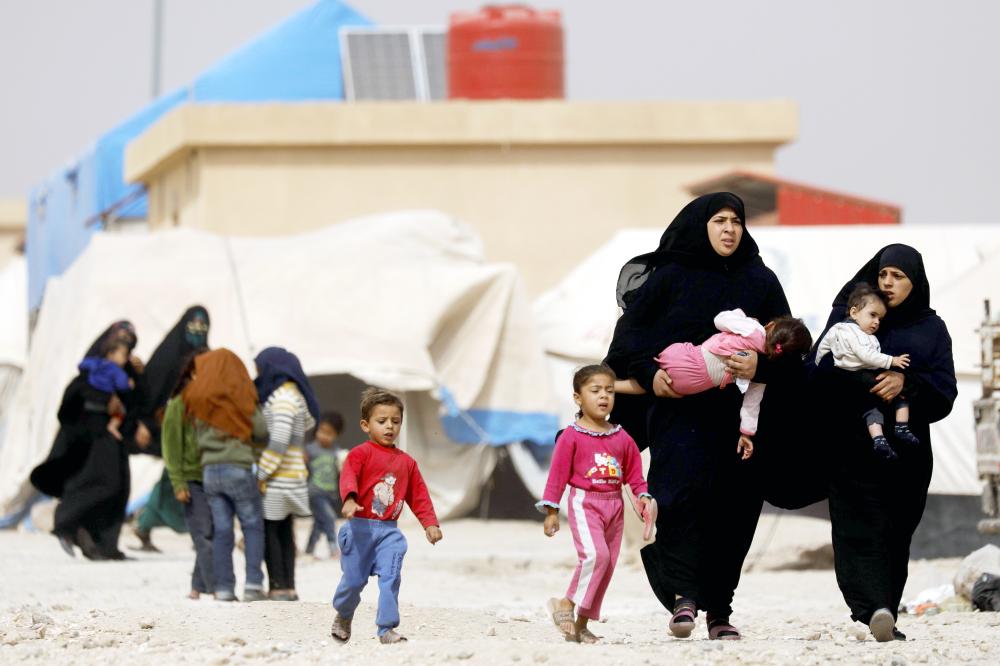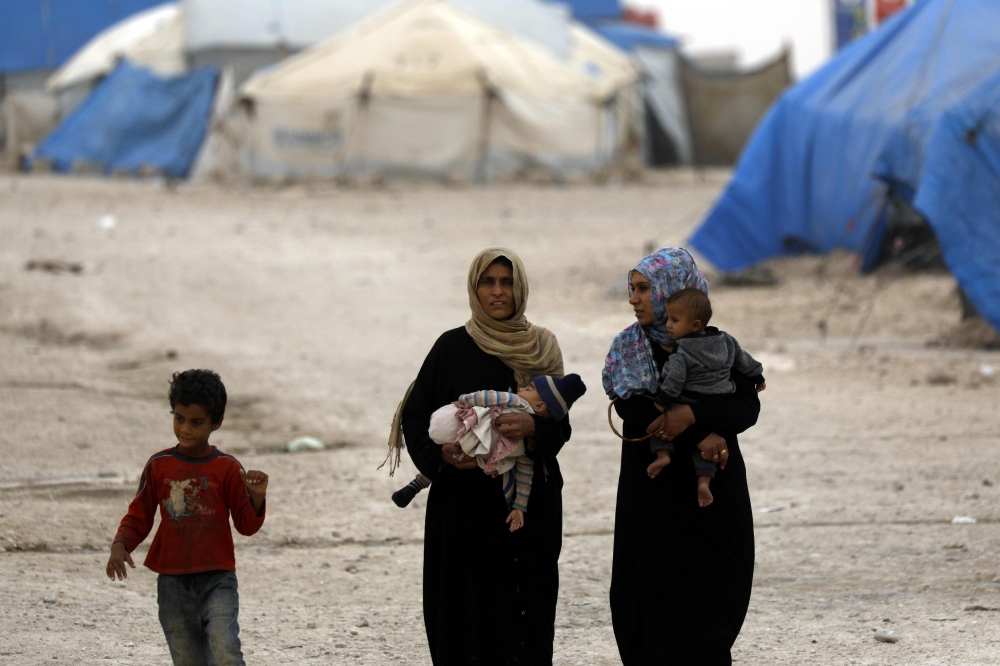

اعلن المتحدث باسم الرئيس التركي رجب طيب أردوغان أمس الجمعة، أن قمة رباعية تضم زعماء تركيا وروسيا وألمانيا وفرنسا ستنعقد في إسطنبول يوم 27 أكتوبر لبحث الأزمة السورية. ونقلت وكالة الأناضول الرسمية للأنباء عن المتحدث إبراهيم كالين قوله: إن القمة ستبحث أحدث المستجدات بمحافظة إدلب التي يسيطر عليها مقاتلو المعارضة السورية، والعملية السياسية الرامية لتسوية الصراع. وأضاف أن الأطراف ستهدف إلى تنسيق الجهود المشتركة.
وأفادت متحدثة باسم الحكومة الألمانية، أن المناقشات بين ميركل ورؤساء فرنسا وروسيا وتركيا ستركز على الوضع في إدلب ودعم تطبيق اتفاق سوتشي بين أنقرة وموسكو. وقالت إن الحكومة الاتحادية ترى أن روسيا شريك يتحمل مسؤولية دقيقة للغاية نظرا إلى كونها حليفة لنظام الأسد.
وأضافت «في الوقت نفسه تتحمل تركيا أيضا مسؤولية دقيقة للغاية في ظل اتفاق سوتشي مع روسيا». ونقلت وكالة إنترفاكس للأنباء أمس عن الكرملين أن الرئيس الروسي فلاديمير بوتين سيبحث مسألة عودة اللاجئين السوريين خلال القمة المرتقبة في إسطنبول. وأضافت أن بوتين يعتزم أيضا بحث إصلاح البنية التحتية في سورية.
وذكرت الرئاسة الفرنسية أمس أن قادة فرنسا وألمانيا وتركيا وروسيا سيجتمعون يوم 27 أكتوبر في إسطنبول لمناقشة الحرب في سورية وإيجاد سبل لتجنب كارثة إنسانية في إدلب.
وأوضح مكتب الرئيس إيمانويل ماكرون أن فرنسا تريد ضمان استمرار وقف إطلاق النار في إدلب لمنع حدوث نزوح جديد للاجئين وإعطاء قوة دفع جديدة لمحادثات السلام.
وأفادت متحدثة باسم الحكومة الألمانية، أن المناقشات بين ميركل ورؤساء فرنسا وروسيا وتركيا ستركز على الوضع في إدلب ودعم تطبيق اتفاق سوتشي بين أنقرة وموسكو. وقالت إن الحكومة الاتحادية ترى أن روسيا شريك يتحمل مسؤولية دقيقة للغاية نظرا إلى كونها حليفة لنظام الأسد.
وأضافت «في الوقت نفسه تتحمل تركيا أيضا مسؤولية دقيقة للغاية في ظل اتفاق سوتشي مع روسيا». ونقلت وكالة إنترفاكس للأنباء أمس عن الكرملين أن الرئيس الروسي فلاديمير بوتين سيبحث مسألة عودة اللاجئين السوريين خلال القمة المرتقبة في إسطنبول. وأضافت أن بوتين يعتزم أيضا بحث إصلاح البنية التحتية في سورية.
وذكرت الرئاسة الفرنسية أمس أن قادة فرنسا وألمانيا وتركيا وروسيا سيجتمعون يوم 27 أكتوبر في إسطنبول لمناقشة الحرب في سورية وإيجاد سبل لتجنب كارثة إنسانية في إدلب.
وأوضح مكتب الرئيس إيمانويل ماكرون أن فرنسا تريد ضمان استمرار وقف إطلاق النار في إدلب لمنع حدوث نزوح جديد للاجئين وإعطاء قوة دفع جديدة لمحادثات السلام.
